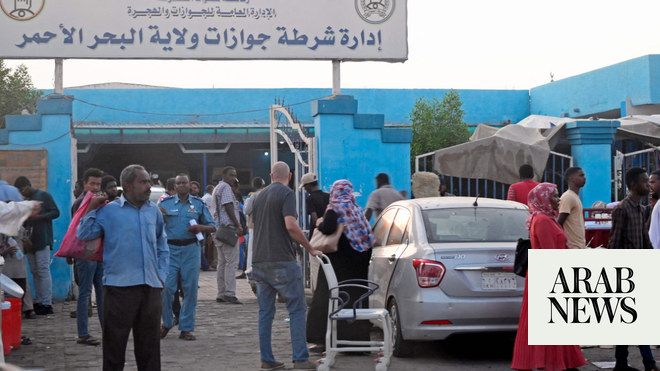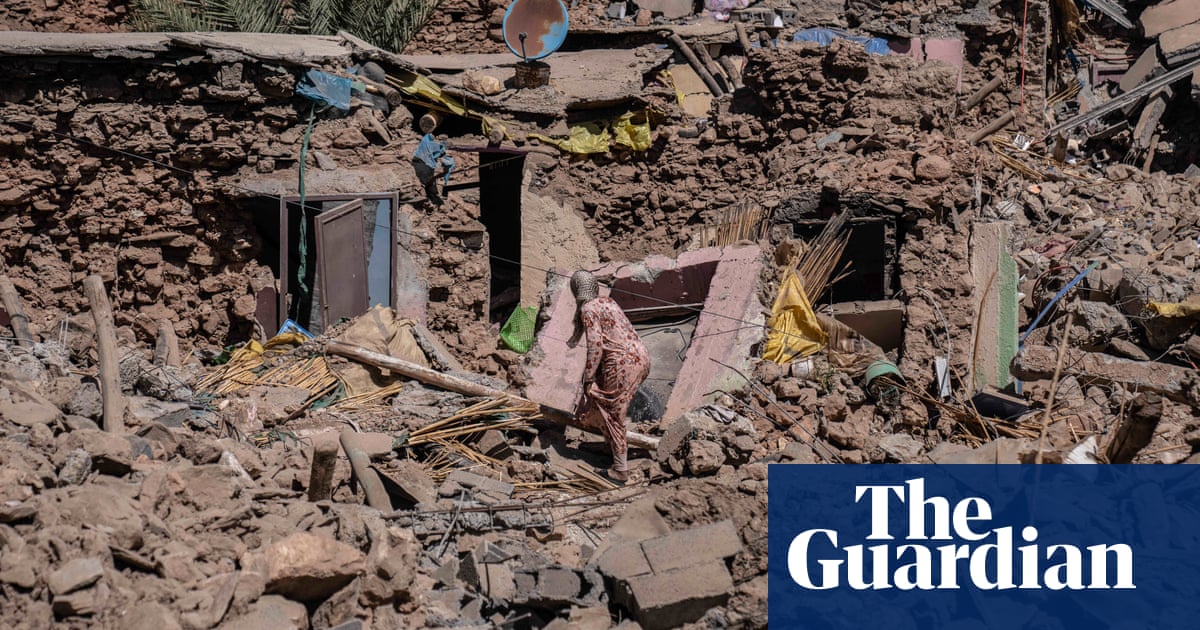
On the morning a catastrophic earthquake struck southern Haiti, Jackson Mason, a barber, was picking up water and other shopping from Cavaillon’s bustling market.
“The earth below me started to shake – people were thrown into the air, others yelled, praying to Jesus to save them,” Mason, 35, says. “Everything flew in the air, even the wallets in people’s hands.”Nearly two weeks later, with aftershocks still being felt, Mason, his wife and two children – aged 13 and one – are in a makeshift shelter for survivors, just a few paces from his cracked home. The camp was set up on the perimeter of a football pitch by the local community. Support from the government has been nonexistent, with two charities providing the only help by installing a water tank.
Without food or medicine, the displaced community club together to buy supplies when they can, missing meals on most days. Without toilets, people rely on neighbours for access to bathrooms.
The magnitude-7.2 earthquake that rocked southern Haiti on the morning of 14 August has claimed more than 2,200 lives and made 30,000 families homeless. Many of those whose houses are still standing are terrified to stay in them, worried that they will be levelled by the persistent aftershocks. On most nights pelting rain drenches the shelters, built from gathered wood, tarpaulins and bedsheets, and turns the pitch to a quagmire.
Camps like this are in towns and cities across the island, with hundreds of public spaces – sports pitches, schools and squares – full of newly homeless families.
And just a stone’s throw from the impromptu shelters is the wreckage of their communities.Twisted metal juts out from piles of rubble that were once homes and livelihoods. Churches, the bedrock of Haitian community life, are ruined; 25 health centres have been destroyed. In Les Cayes, patients at the hospital are still being treated outside, so scarce is space indoors.Even so, doctors here say the priority is feeding and sheltering those sleeping rough. “To tell the truth, medication and emergency health aren’t the most dire needs,” says Sterens Yppolyte, a 26-year-old trainee doctor at Les Cayes’ Immaculate Conception hospital, whose own home was damaged. “Across the region what people need most is water, bread and tarps.”
The harrowing scenes are tragically familiar. In 2010, Port-au-Prince, the capital, was devastated by a magnitude-7 earthquake, killing an estimated 200,000 people and swiftly undoing what little gains towards stability the western hemisphere’s poorest country had made in the preceding decade. Perhaps the only grace is that this one, though larger in magnitude, struck a less populated region.
Valerie Jacci, 32, was living in Port-au-Prince in 2010. She lost her aunt, who was buried under rubble, and moved to Cavaillon soon after, her family buying a plot of land that they have now opened up to survivors of the latest quake. The house she was living in was also levelled.“That was the first thing I thought when the ground started to shake. ‘Oh dear God, please don’t let this happen again’,” she says, as a young woman nearby moans in pain, clutching a broken arm in her improvised tent. “That’s why we opened our land to survivors, because we know how this feels.”
Meanwhile, Haiti is mired in myriad other crises. Two days after the earthquake, Tropical Storm Grace piled misery on survivors, while political violence and gang warfare have racked the country for more than two years. Roadblocks, fuel shortages and power cuts remain a daily reality. The brazen assassination of the president, Jovenel Moïse, last month, allegedly carried out by Colombian mercenaries, has added to the turmoil. Gangs have also complicated the aid response, sporadically blocking key roads and holding up deliveries of food and supplies.
While those stuck in shelters across the region are in urgent need of humanitarian aid, distribution has been further complicated by landslides, heavy rains and bad roads, long potholed and now fissured by the quake. Despite the hardship, Haitians are wary of nongovernmental agencies, who have sometimes complicated disaster responses.Still, an international effort is under way. The US has delivered more than 60 tonnes of aid to quake-hit regions. Britain has pledged £1m of support, including shelter kits and solar-powered lanterns. But analysts say it could be six weeks before enough aid starts to reach communities.
At one shelter at a school – closed for summer – in Les Cayes, desperation occasionally boils over into anger. “We’re hungry!” says Alexandra Esperance, 21, who holds her injured baby as an aid lorry drives by without stopping. Her baby sister was paralysed by falling rubble in the quake, and Esperance says she has not eaten in two days. “Every day is a battle!”
An elderly woman who joins Esperance is also frustrated. “It was the same after Matthew,” she says, referring to the 2016 hurricane that battered Haiti’s Tiburon peninsula, leaving at least 546 dead and causing $2.8bn (£2bn) of damage. “They don’t come for us.”Preservil Wislin, 21, is infuriated by the slow arrival of rescuers. He worked with his neighbours for three days to bring survivors out of a collapsed hotel, using only a shovel, mallet and his bare hands.“We pulled three people out alive, and two corpses,” he says, adding that one of the dead was the hotel’s owner, while the other is believed to be one of the late-president Moïse’s advisers. “There were more bodies down there, but we couldn’t get to them without heavy machinery,” he says, eyeing a displaced child flying a homemade kite.
Despite the hellish outlook, Haitians’ famous resilience is plain to see. In Les Cayes, civilian rescuers pile on to a tractor, heading to another collapsed building in search of bodies. Mothers bathe their children in muddy, polluted ravines; communities are still sending out search parties.
Back in Cavaillon, Mason goes around the camp collecting small change – both in Haitian gourdes and dollars – to buy food for his family and those in neighbouring tents.
“We don’t know when help will come,” he says, as a group of children plays football behind him and rain clouds gather overhead. “We just pray it will be soon.”












